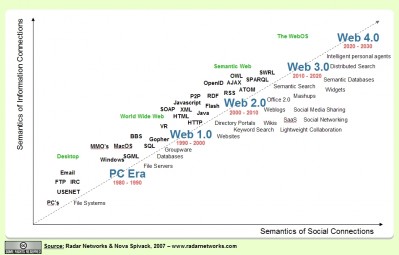
I was forwarded this Michael Geist article {h/t:: LQ} in the TO Star on lawful access legislation being tabled by the Conservatives here in Canada::
“The push for new Internet surveillance capabilities goes back to 1999, when government officials began crafting proposals to institute new surveillance technologies within Canadian networks along with additional legal powers to access surveillance and subscriber information.
The so-called lawful access initiatives stalled in recent years, but earlier this month the government tabled its latest proposal with three bills that received only limited attention despite their potential to fundamentally reshape the Internet in Canada.
The bills contain a three-pronged approach focused on information disclosure, mandated surveillance technologies, and new police powers.”
The “trifecta” of bills are listed here and here are links to the first reading versions {C-50, C-51, C-52}. Last year, Geist blogged about Parliamentary reactions to the last round of lawful access bills, with the Liberals taking a stand of “what took you so long?”, while the NDP and the Bloc supported moving the bill {c-46} to committee, but expressed concerns about balancing privacy and security. Earlier in 2009, Impolitical warned of the implications of lawful access granting increased police powers::
“The dangers of such powers being placed with law enforcement and the potential for abuses have been made abundantly clear by the experience Americans have had with the Bush administration and the revelations from whistleblowers in the last year.”
I’m still reading up on the issue, but my immediate concerns, as one in the trenches with Web 3.0 projects, is the implications of warrantless surveillance and data mining, which may not be immediately evident by Parliamentarians or the general public. Algorithms already can mine data to determine the identities of people in social networks despite privacy settings on sites like Facebook.
The telcos are expressing concerns about the costs of compliance with the proposed surveillance, as compensation schemes aren’t well-defined.
While surveillance can sound good in the abstract or the theoretical, the devil is in the details and its implementation. While Google’s Eric Schmidt has a rather unenlightened view of privacy as it concerns “wrongdoing” online, a “don’t be evil” stance, the reality is that breaches of privacy of non-illegal activity can have real and dire consequences and it assumes a benign stance of law enforcement and police powers—without judicial oversight.
Twitterversion:: [blog] “Lawful access” bills in #Canada proposing increased Internet surveillance in emerging era of Web 3.0. @ThickCulture @Prof_K

